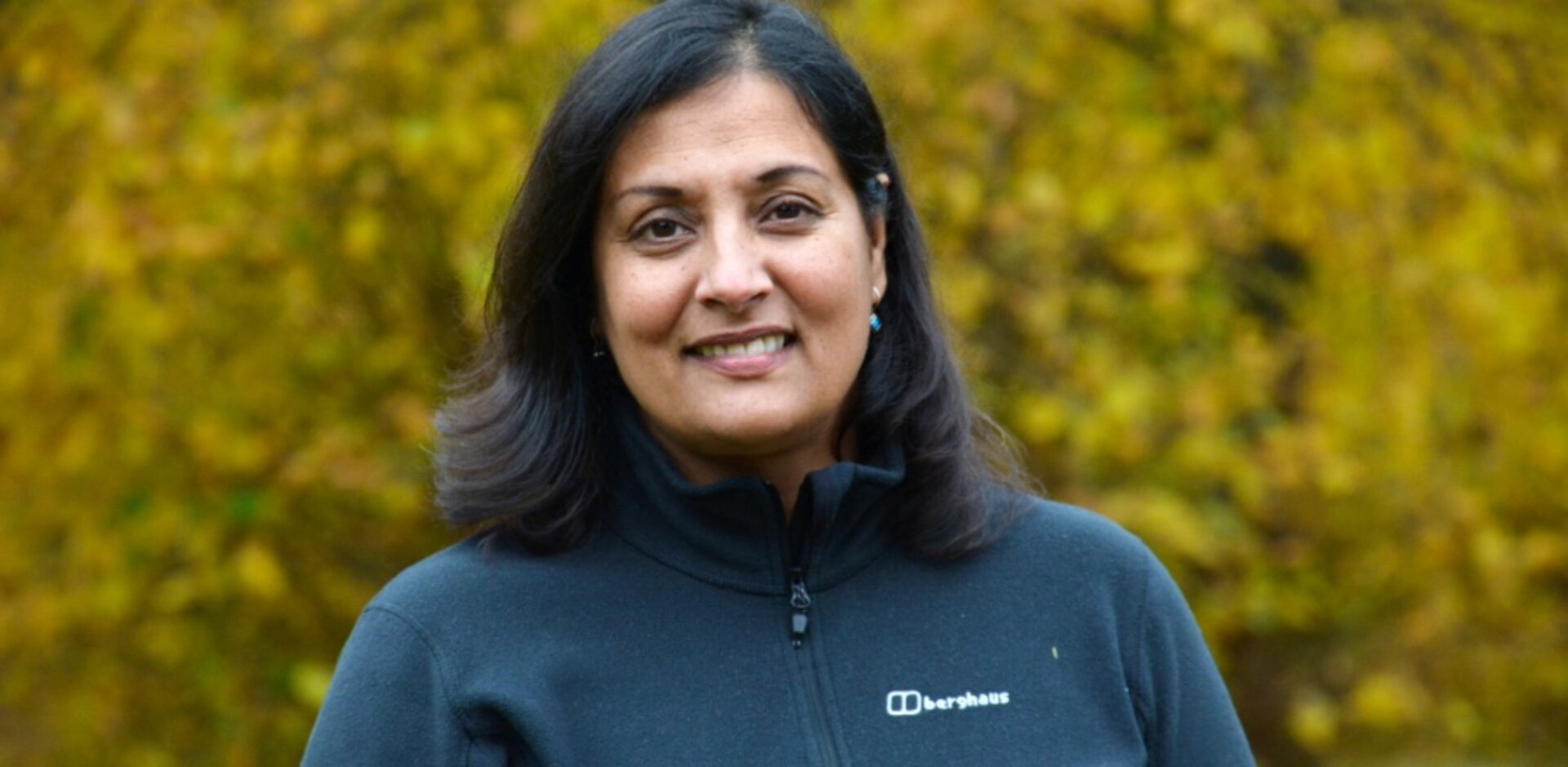New platform aims to address climate finance inequality

Glasgow Caledonian University (GCU) today launched an initiative that calls on world governments and civil society to make a long-term commitment to support equitable finance for those living in climate-hit regions.
The platform was unveiled as globally influential figures put their heads together during an online event - part of the UK Government's contribution to the Race to Zero global campaign - in a bid to identify how the lives of the poorest and vulnerable, who are disproportionately affected by climate change, can be made better.
Facilitated by the University's Centre for Climate Justice, it was announced former Irish President Mary Robinson will act as special advisor to the new platform, which will look specifically at how climate finance can be "strengthened" to ensure "fair and equitable" distribution for all. The African Development Bank and the Pan-African Climate Justice Alliance will partner GCU in this initiative, which is entitled Advancing Equitable, Just and Gender Sensitive Climate Finance for ALL.
The platform aims to call for governments and civil society in the developed world, and those who can afford it, to make a long-term commitment to provide a sustainable source of finance, addressing the impact of the greenhouse gas emissions caused by the goods and services they buy.
Professor Tahseen Jafry, Director of GCU’s Centre for Climate Justice, said: “This long-term commitment to financing adaptation needs is vital to support innovation, capacity building and resilience of women and girls.
“Around the world, communities are experiencing the effects of climate change in different ways. As a result, some are better able to cope than others. It is for this reason that we must build resilience in a manner that is fair, inclusive, equitable and just.
“We must ensure that we meet the needs of the many not just the few. To do this we need to align climate finance with climate needs, particularly for the most vulnerable people and especially women and girls.
“Bearing the brunt of climate change and being on the frontline of climate disasters means that for many they have no choice in how to rebuild lives, their livelihoods and build resilience. Overturning this, and to enabling people to have options and to have choices, is a step change to rebuilding lives.
“Climate disasters are resulting in traumatic, deeply emotional and personal tragedies, ranging from gender-based violence, displacement, conflict, sex trafficking, STDs to name a few - and this among growing disparity in poverty among nation states. Inequality is more apparent now than it has ever been, as we are witnessing with COVID-19.”
Partners in the initiative will now seek dialogue with government and civil society representatives to:
- help developing countries recognise and articulate their adaptation needs
- implement projects on the ground through new and innovative approaches
- develop ways that encourage private-sector enterprises to get involved in adaptation projects.
The partnership will share its insight and progress at COP 26, which will take place in Glasgow next year.
